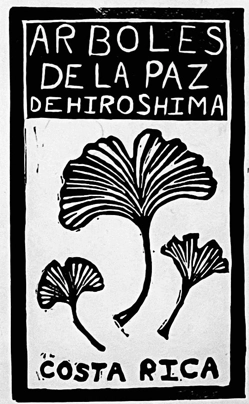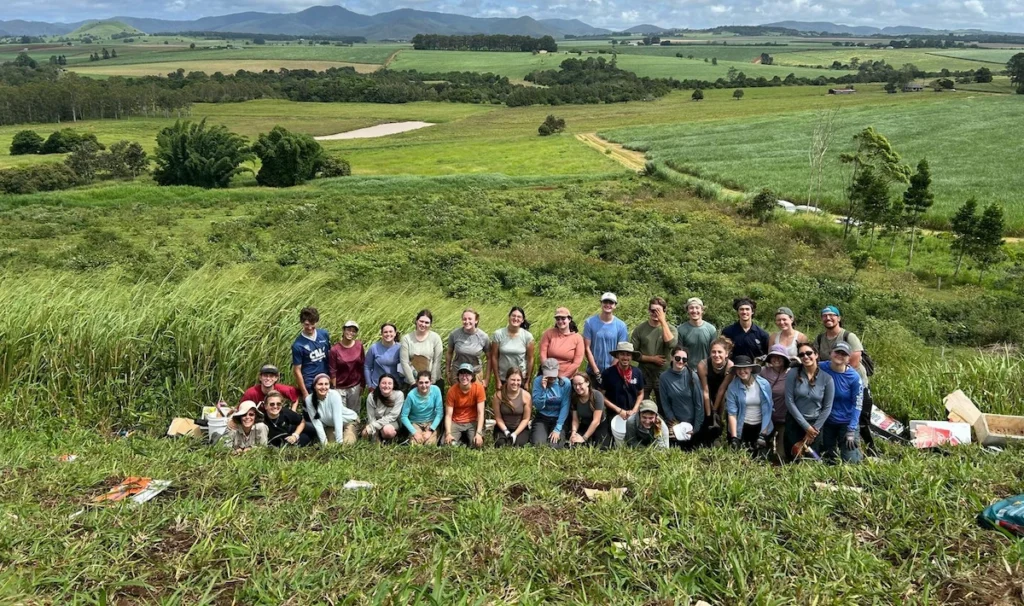SFS and WWF Collaborate on Climate Change Research in Tanzania
Funded by WWF, SFS Faculty and Students in Tanzania Study Humans’ Responses to Climate Change
The School for Field Studies (SFS) Center for Wildlife Management Studies in Tanzania and World Wildlife Fund (WWF) announced today their collaboration on a one-year pilot study which examines humans’ responses to climate change in rural areas of northern Tanzania. The study, “Crowd Sourcing Data on Human Responses to Climate Change,” is funded by WWF.
“We are excited to collaborate with World Wildlife Fund on this important project,” said Dr. Bernard Kissui, Director of the SFS Center for Wildlife Management Studies. “Communities in rural Tanzania experience the effects of changes in weather and climate, and over many years have been responding to these changes through various coping and adaptation strategies. It’s imperative to study and document these strategies in order to inform global efforts to mitigate the impact of climate change.”
SFS students will collect data during the 2015-16 academic year under the direction of Kissui and John Mwamhanga, SFS Lecturer in Environmental Policy and Socioeconomic Values. Using and adapting an interview protocol developed by WWF and other conservation organizations, SFS faculty and students will collect data primarily through interviews with local community members. The pilot survey intends to gain a better understanding of the kinds of changes vulnerable communities are experiencing and how they perceive these changes; how these communities are responding to actual and perceived changes; and how these responses may be impacting biodiversity.
This pilot project benefits Tanzania by providing data and understanding of how global changes affect the local environment and its human communities. The research also enhances and informs SFS’ own curriculum and research while contributing to WWF’s larger effort to collect this information and make it available to researchers, conservation, development, and humanitarian practitioners, and policy and decision-makers around the globe.
“Collaborations such as this with The School for Field Studies present a unique way to gather information from remote parts of the world,” said Dr. Nikhil Advani, project lead at World Wildlife Fund. “Communities are responding to climate change in different ways. Traditional knowledge can be a very useful resource for adapting to climate change, but some practices may also be maladaptive, and negatively impact biodiversity. It is crucial for us to fill these large gaps of knowledge in the field of climate change adaptation.”
This pilot project is an opportunity for U.S. undergraduate students on SFS’ programs to engage in field-based climate change research. This is both a rare opportunity and a valuable learning experience.
“Climate change moves from an abstraction to the real world when students carry out research that addresses the nature of climate change, its impact, and the issues of adaptation and mitigation,” said SFS President Dr. Jim Cramer. “That research is all the more meaningful when it is conducted where the students live and study, and they observe a direct link between climate change, a particular ecosystem, and its human inhabitants.”
For more information, read the SFS blog: /blog/sfs-wwf-climate-change-tanzania
CONTACT: Leslie Granese, Vice President for Institutional Relations and Enrollment, lg******@*********er.local, 978-219-5120
Related Posts

Trees of Peace from Hiroshima: A Time Traveler and Emissary of Hope

Cinder Cone Chronicles: Lessons from Drought, Data, and Determination
